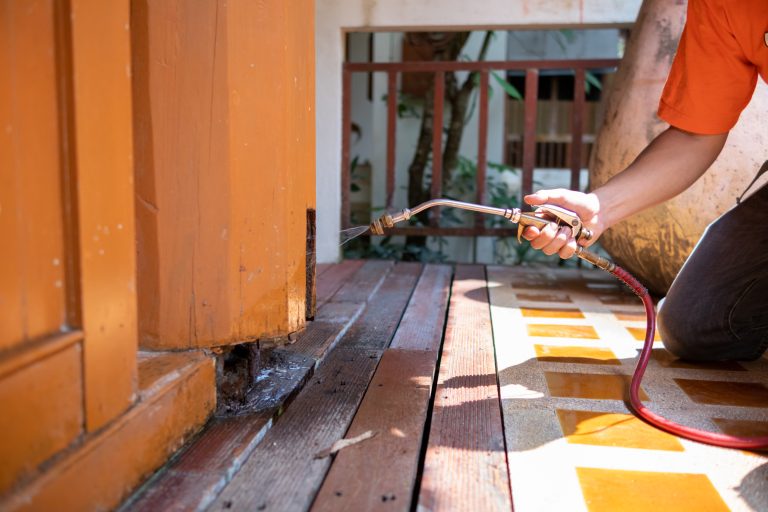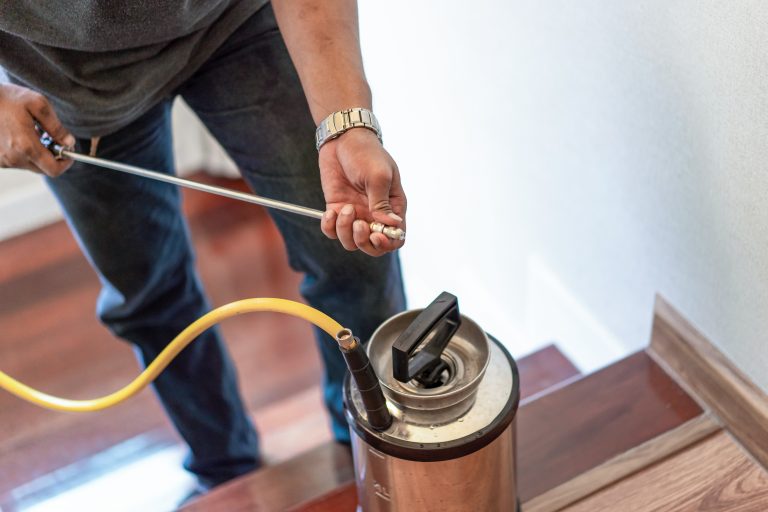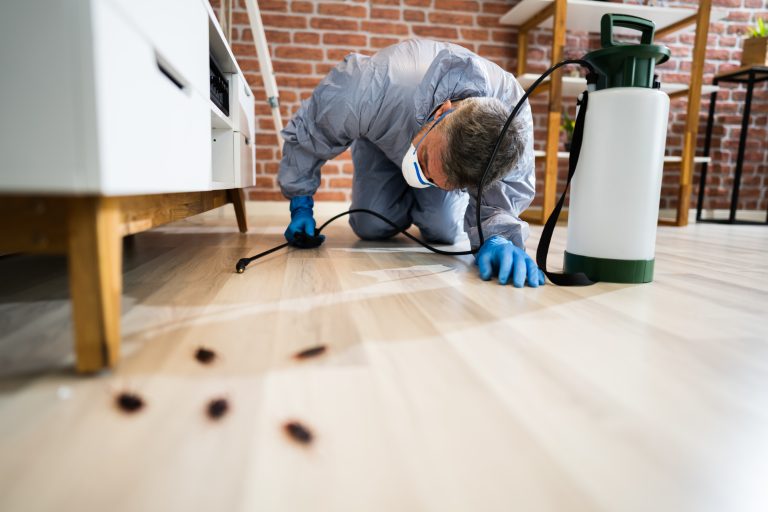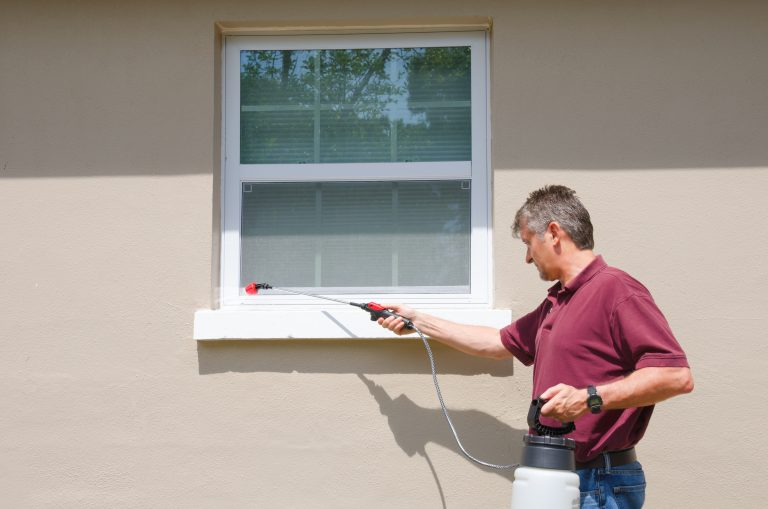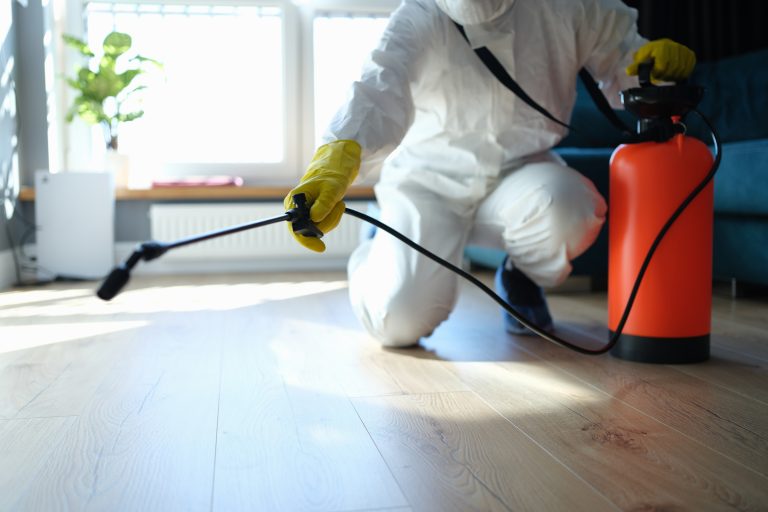5 Essential Pest Control Maintenance Tips for Homeowners

When it comes to keeping your home pest-free, a little maintenance goes a long way. Let’s dive into some essential tips that will help you fortify your fortress against unwanted critters.
Pest control is proactive, not just reactive. It’s like a shield for your home, requiring regular upkeep. Understand pests’ needs—food, shelter, water—and deny them access. Use barriers, cleanliness, and inspections to keep pests out.
1. Seal Entry Points
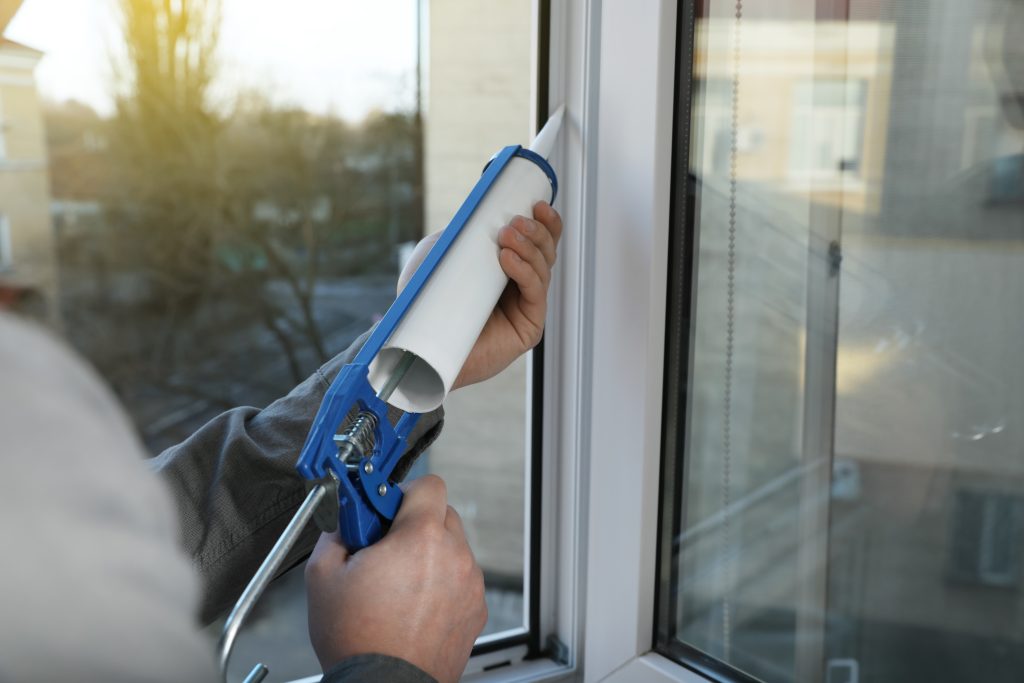
Pests are not exactly the Houdinis of the natural world; they enter through open doors, cracks, and crevices you might overlook. Conduct a thorough scan of your home’s exterior – seal any gaps with caulk, install weather stripping on doors, and ensure window screens are intact.
Remember, a mouse can squeeze through a hole the size of a dime (impressive, right?), so no crack is too small to warrant attention.
Hey hey! Don’t forget to subscribe to get our best content 🙂
2. Reduce Moisture
Most pests are like teenagers after a workout – they’re always thirsty. Damp areas in your home are like a VIP lounge for critters. Fix leaky pipes, ensure proper drainage around the foundation, and use dehumidifiers in damp areas like basements. By cutting off the water supply, you’re essentially telling pests to BYOB – which, trust me, is a party they’re less interested in attending.
In the video, RovePestControl explains –
RovePestControl
- Moisture is a Magnet for Pests: High moisture levels and standing water around your home attract pests like centipedes, mosquitoes, and spiders, increasing pest activity during spring and summer.
- Reasons for Pest Attraction: Pests are drawn to water sources for drinking, breeding, and accessing other pests as food sources.
- Common Water Gathering Areas: Standing water can accumulate in various places such as pet dishes, under decks, and in lower ground spots, especially after snow melts or heavy rainfall.
- Impact of Environmental Shifts: Weather changes, like snow melting into rain, can push pests into homes as they seek shelter, food, and water.
- Gutters and Home Entry Points: Pests can enter homes through cracks, crevices, and foundation gaps, emphasizing the importance of sealing entry points.
- Prevention Measures: Eliminating water sources by spreading water around the yard, removing pet dishes, and cleaning up water-gathering areas is crucial for pest control.
- Focus Areas for Pest Treatment: Areas with excess moisture should be the primary focus for pest control treatments to disrupt breeding grounds and food sources for pests.
- Early Pest Control Action: Taking action early, especially as temperatures warm up, can help reduce pest numbers throughout spring and summer.
- Professional Pest Control Services: Consider hiring a pest control service to set up barrier treatments around your home to reduce pest numbers effectively.
- Engagement and Discounts: Viewers are encouraged to engage with the content, subscribe to the channel, and take advantage of discounts offered by Rove Pest Control for first-time customers.
3. Keep it Clean

If cleanliness is next to godliness, then a clean home must be the divine nemesis of pests. Food crumbs are like a five-star buffet for them. Regularly vacuum, and wipe down surfaces, and don’t leave dirty dishes out overnight. Store food in sealed containers and keep ripe fruit in the fridge. A tidy house tells pests they’ll need to dine elsewhere.
4. Dispose Waste Properly
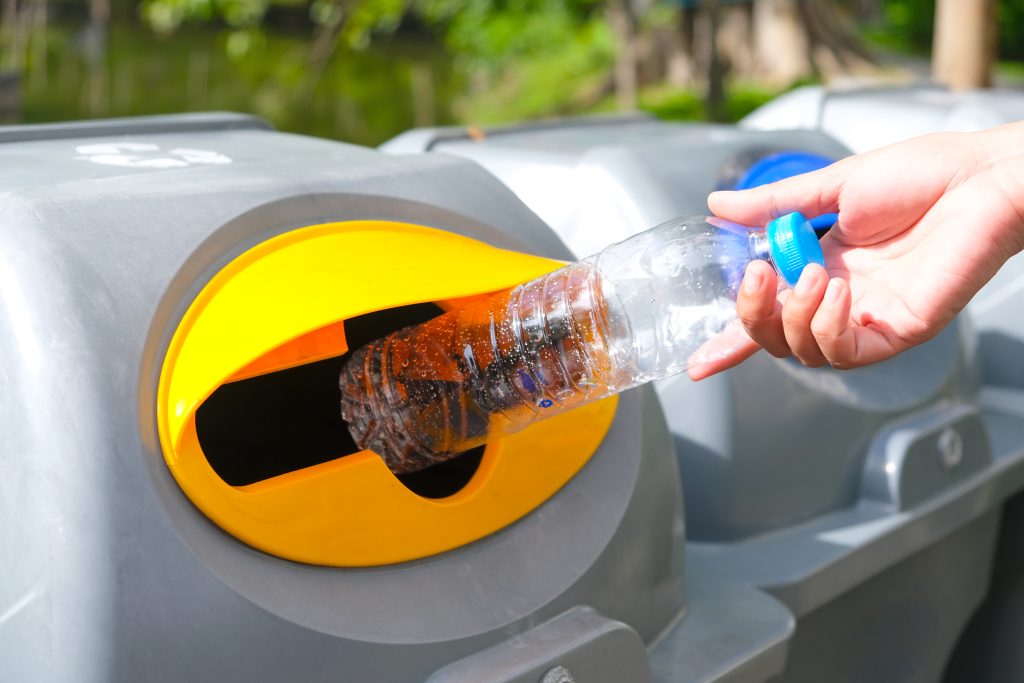
Trash is a treasure for pests. Make sure your garbage cans have tight-fitting lids and are emptied regularly. If possible, keep them at a distance from your home. Composting? That’s fantastic, but make sure your compost bin is properly managed so it doesn’t become a gourmet deli for local wildlife.
5. Regular Inspections
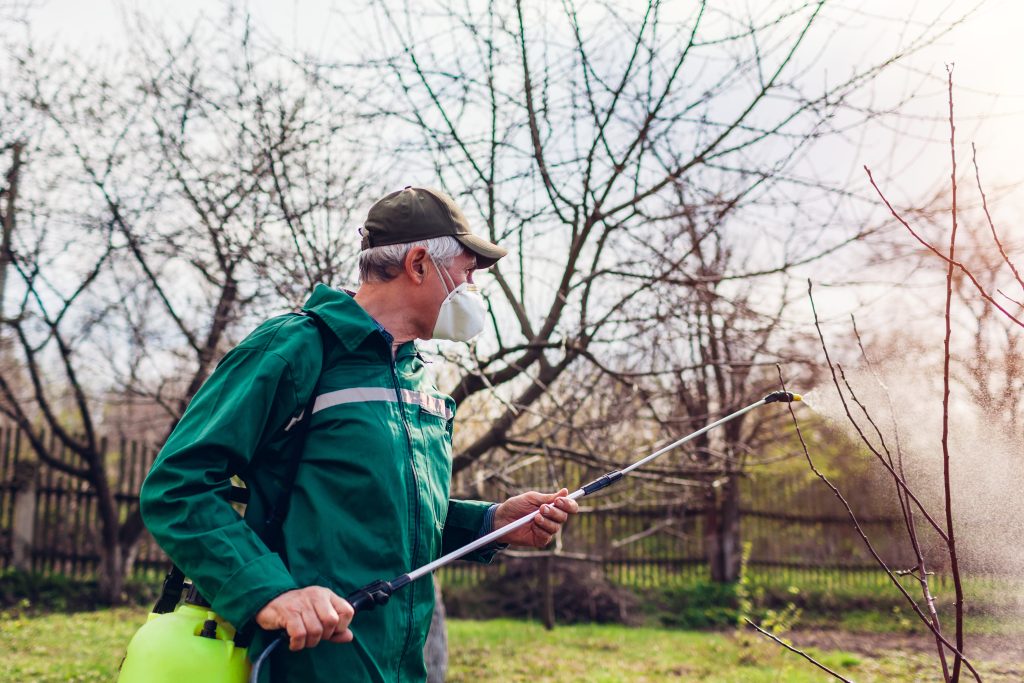
Think of regular inspections as your home’s routine check-ups. Peek into those dark, seldom-visited places like attics, basements, and crawl spaces. Look for signs of pests – droppings, nesting materials, or damage. Catching an issue early can mean the difference between a simple fix and a full-blown infestation.
Natural Repellents to Consider
Mother Nature has some tricks up her sleeve when it comes to pest control. Certain plants, like lavender and peppermint, act as natural deterrents. Diatomaceous earth can be a non-toxic option for crawling pests – it’s like walking on a bed of nails for them. And, if you’re feeling adventurous, a bit of cayenne pepper around entry points can spice things up too much for pests’ liking.
When to Call the Professionals
Sometimes, despite your best efforts, pests can stage a coup. If you’re seeing regular signs of infestation or the problem is beyond your comfort zone, it’s time to call in the cavalry – pest control professionals. They’ve got the heavy artillery (safely managed, of course) to reclaim your home.
Preventative Measures Year-Round
Pest control isn’t a seasonal gig; it’s a year-round commitment. Adapting your maintenance routine to the seasons can help. For instance, in the fall, pests will be looking for cozy winter digs. Come spring, they’re all about finding new places to multiply. Stay one step ahead by adjusting your strategies accordingly.
Conclusion: Stay Pest-Free
Maintaining a pest-free home is an ongoing battle, but it’s one you can win with diligence and the right tactics. Remember, it’s about creating an unwelcoming environment for pests – one that says, “Move along, nothing to see here.” Stay vigilant, and your home will remain your sanctuary, not a haven for uninvited guests.
By following these essential pest control maintenance tips, you’re not just dealing with pests; you’re actively preventing them. Keep up the good work, and enjoy the peace of mind that comes with a secure and pest-free home.

